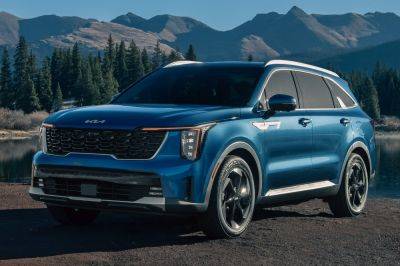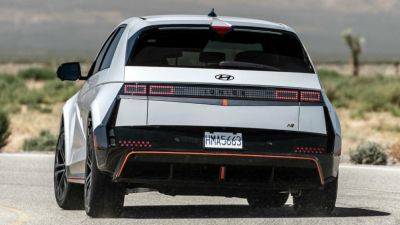Americans falling behind on auto loan payments at record pace
A growing number of Americans are falling behind on their car payments, an ominous sign for the U.S. economy as high auto prices and stubborn inflation strain household budgets.
Car repossessions tumbled in the early days of the pandemic as the government sent trillions in stimulus money to American homes and businesses. But repossessions have progressively ticked higher as sky-high prices for used and new cars alike forced consumers to take out bigger loans.
In September, the percentage of auto borrowers who were at least 60 days late on their bills rose to 6.11%, according to a Fitch Ratings report obtained by FOX Business. That marks the highest default level in nearly three decades and is a notable increase from the previous record of 5.93% in January.
CREDIT CARD DELINQUENCIES ON UPSWING
Bloomberg first reported the news.
The high number of loan delinquencies has not yet led to an equivalent growth in defaults, according to separate data published by Cox Automotive. Although it indicated that loan delinquencies rose for the fifth straight month in September, defaults actually slid 9.8% for the month. Still, defaults are 31.7% from the same time one year ago.
Unsurprisingly, vehicle repossessions are also expected to climb in coming months. Cox Automotive estimates that 1.5 million vehicles will be seized by the end of 2023, up from 1.2 million last year. That remains below the typical pre-pandemic level.
HOW HIGH INTEREST RATES ARE ALREADY HITTING AMERICANS
The steady rise in delinquencies comes as a result of both high car prices and steep borrowing costs.
Prices for used and new vehicles surged last year as a result of a semiconductor shortage and other COVID-19-induced disruptions in the global supply chain. Although there were fewer cars being produced, consumer demand remained strong, driving prices higher.
Prices started to subside toward the end of 2022, but the average cost of a new car is around $48,000 – near a record high. The ongoing United Autoworkers strike has threatened to push prices higher; Kelley Blue Book analysts expect to see the impact of the ongoing work stoppage against Ford, GM and Stellantis in late October.
Ticker Security Last






